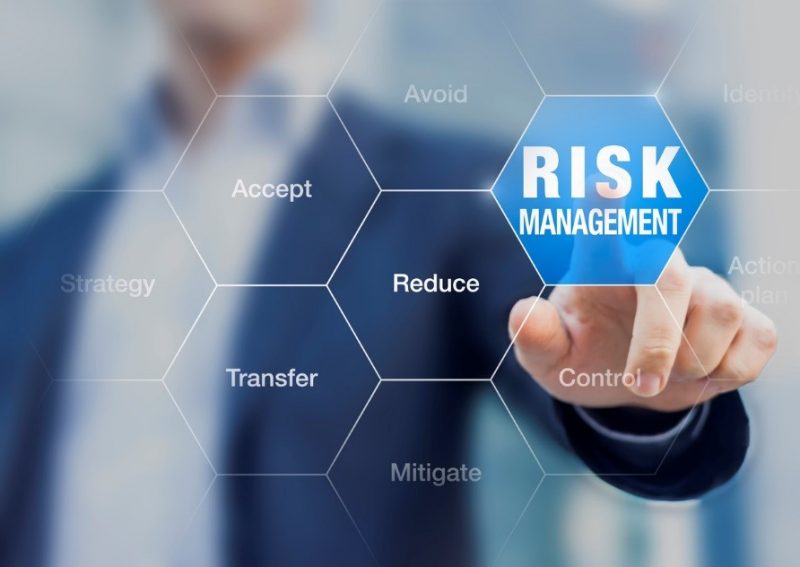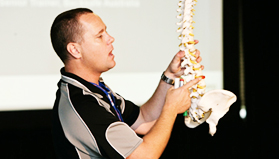Handling heavy, bulky or awkward items carries some risk of injury. Training your employees in how to safely handle such items is something that falls squarely into the philosophy that “prevention is better than cure”.
Manual handling training gives workers the experience, knowledge, and mindset that empowers them to use best practices in the workplace. Workplace safety is always important. We hope that you are sitting up straight, in an ergonomically designed chair, and in a well-lit room while you read this guide to six ways that manual handling training can help your employees stay safe.
Manual Handling Courses Improve Awareness
Your employees may not understand why manual handling safety is important. Explaining the potential dangers is an important part of improving safety. Use a course to teach the consequences of poor habits and practices, so that they understand why they should be paying attention and doing everything they can to stay safe in the workplace.
Training Teaches the Best Practices
As important as it is for people to understand that lifting heavy things in the wrong way can be risky, that won’t help if they don’t know the right way. Educating all of your employees in the right way to do their job will help to ensure that people stay safe when they are working. Ensuring that all employees are properly trained has the carry-over benefit of promoting a good culture in the workplace. The more people know how to do things properly, the more likely it is that if someone is sloppy or lazy, they will be corrected by their peers.
Manual Handling Courses Can Be Done in The Work Environment
Some of the best courses teach people how to handle objects in their own workplace. This offers a more realistic experience and ensures that they will be able to get the skills that they need to do their own job well.
There’s little point educating someone on how to lift heavy boxes if the item that they are going to be carrying is a completely different shape or an unstable load. Some things do carry over from environment to environment, but training that is directly applicable to the person’s workplace environment is far more likely to be retained and used.
Manual Handling Can Use Mechanical Aids
Some environments use mechanical aids to simplify the task of carrying heavy objects. Teaching employees how to use mechanical aids can be hugely beneficial because it can save time and empower employees to make good choices.
By offering training that is directly relevant to the employees, they will feel more engaged and more satisfied. They will also be more likely to use the aids that you provide if they have had the process explained to them. This reduces the prevalence of shortcuts and ‘corner cutting’ in the workflow, and therefore reduces the risk of injury.
Let Your Employees Learn Through Experience
Training courses that tie back into the work environment and that encourage people to apply what they have learned will help the employee to develop skills that are immediately useful and that will promote best practices. Employees will learn good habits and will get feedback on bad habits as they work through the course.
It’s important to remember, however, that manual handling courses should not be a one-off thing. Skills can decay and lessons can be forgotten. Make sure that your employees are given as much feedback as possible and that they are re-trained and re-tested regularly to ensure that they are always doing things right.
A Healthy Workforce is a Happy Workforce
Training your workforce in manual handling skills will ensure that they are able to work efficiently and stay healthy. Bad lifting habits increase the risk of injury, and mean that workers need to take sick days off and that their morale will be poor. Invest in your workers so that they are healthy, happy, and more productive, and they can do the job that they were hired to do for a long time to come.
Health and safety training is not glamorous, but the benefits are clear, and training is something that does pay off in the long term.




Leave A Comment